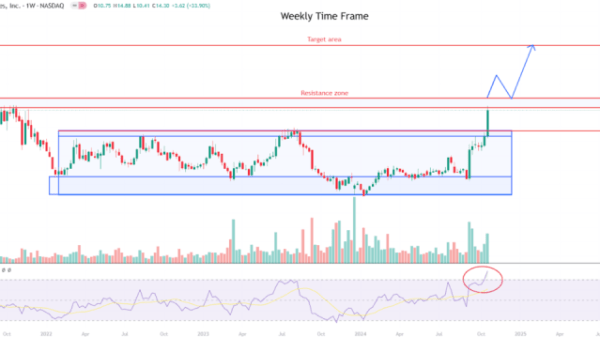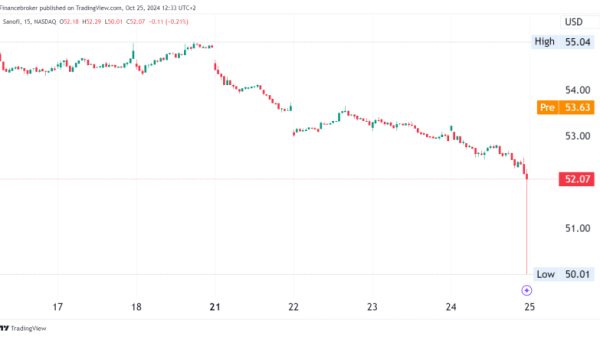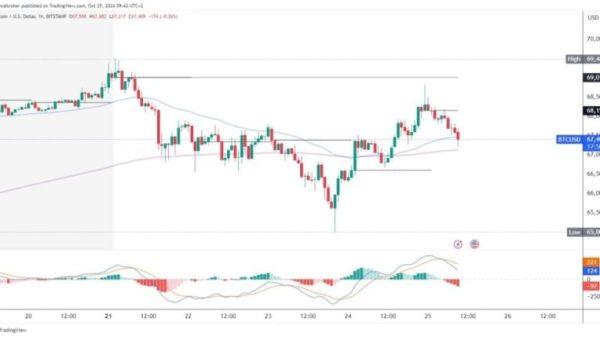Investing.com — Considering key developments across global markets as we approach the end of the year, investors should consider making adjustments to their portfolios.
As per UBS analysts, when it comes to portfolio reallocation during these uncertain times, taking a measured and strategic approach is paramount.
In the U.S., credit investors have capitalized on the opportunity to secure higher yields following the strong non-farm payroll report, pushing U.S. credit spreads to their tightest levels since May 2021.
However, while economic data remains resilient—evidenced by stable consumer outlooks and better-than-expected growth—UBS cautions that this environment supports only a modest, rangebound outlook for credit spreads.
In Europe, growth recovery is proceeding slower than anticipated, yet market technicals are supporting tight credit spreads. A focus on carry strategies in Europe seems more compelling, particularly as breakevens remain higher in the UK and Europe compared to the U.S.
For example, European investment-grade 5-7 year bonds currently offer attractive yields with a favorable balance between risk and return. Meanwhile, U.S. credit spreads appear to be at their lowest in three years, reducing their appeal relative to Europe.
For investors seeking to optimize their portfolios, UBS’s model suggests several reallocations. They recommend increasing exposure to U.S. high-yield (HY) bonds in the 3-5 year range, while reducing exposure to U.S. IG in the same tenor.
Similarly, in Europe, HY in the 3-5 year range presents an attractive opportunity for risk-adjusted returns.
Investors should also be cautious of emerging markets credit, where UBS advises reducing exposure as risks in EM remain decoupled from developed market trends, especially following China’s post-COVID stimulus.
A key point emphasized by UBS is the value of carry, particularly in European and UK markets. GBP IG bonds screen as one of the most attractive options, offering solid diversification with low correlation to equity market performance.
The sweet spot for credit remains at the shorter end of the duration curve, but slightly longer tenors (5-7 years) are also becoming competitive as they now offer better yield than previously.
Lastly, UBS analysts caution against adding synthetic credit exposure, as cash bonds still provide more attractive returns than credit default swaps.
As the year closes, a focus on high-yield credit, particularly in Europe and the UK, and a shift toward shorter duration credit instruments are key strategies to consider.



































